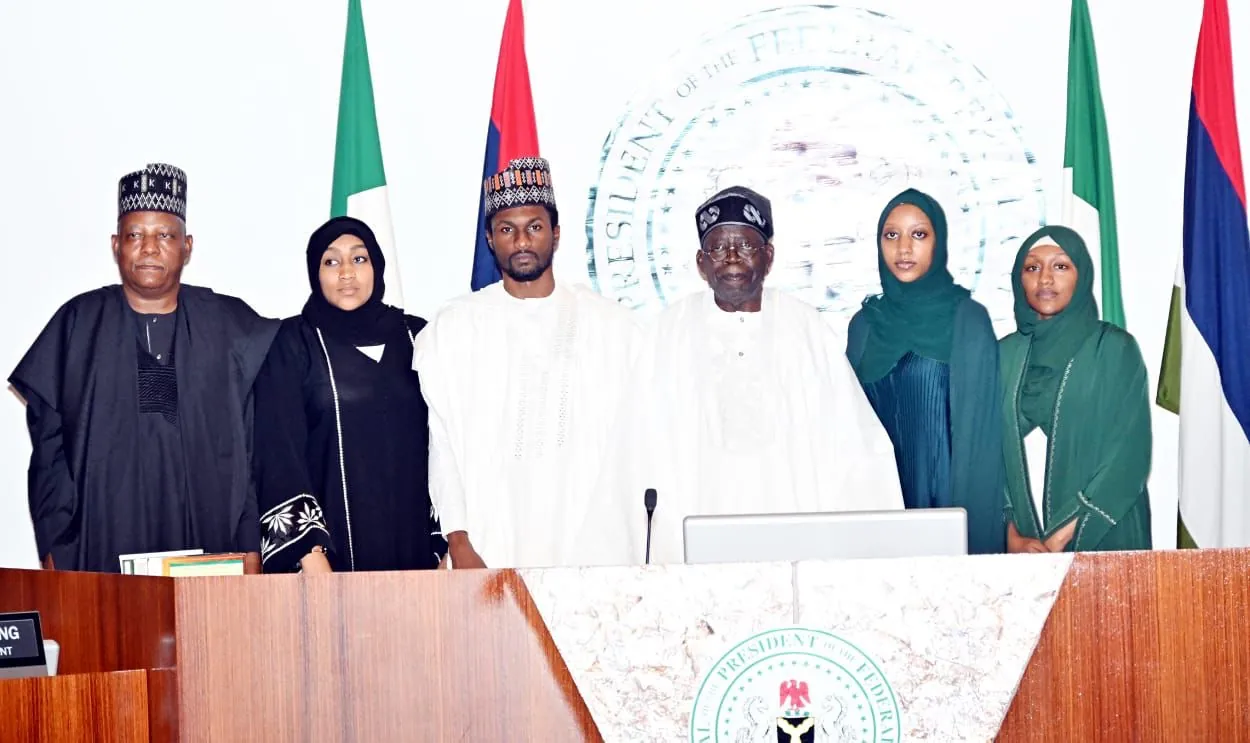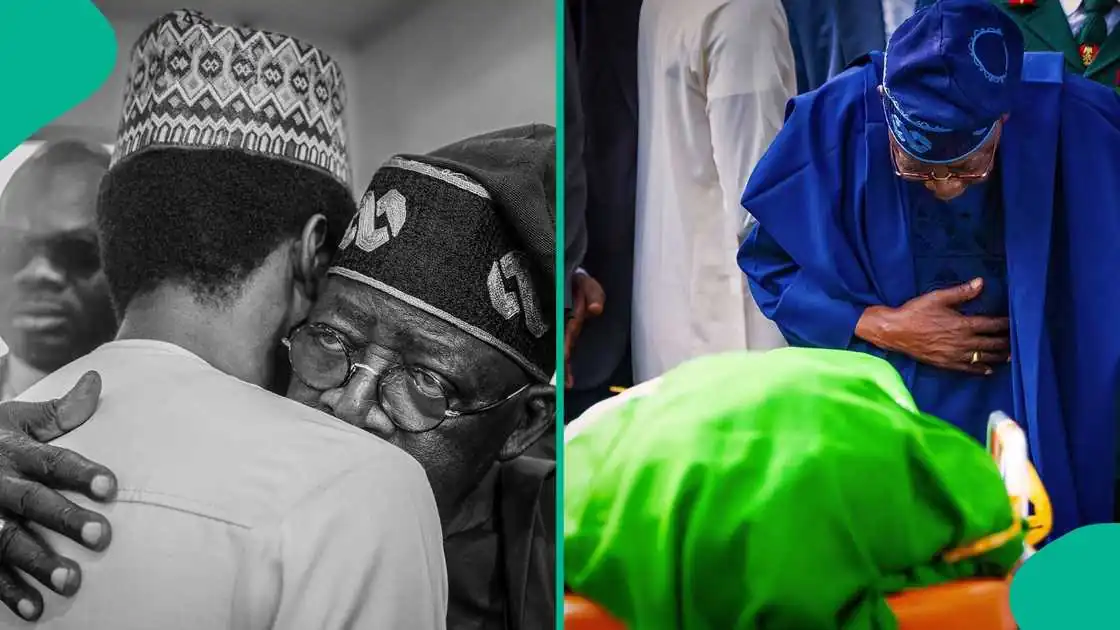In the hallowed chambers of the Federal Executive Council (FEC), where the nation’s most critical decisions are debated and made, an unusual guest was given the floor. Yusuf Buhari, the son of the late former President Muhammadu Buhari, stood before President Bola Tinubu and his cabinet to offer remarks. While the gesture was framed as a heartfelt thank you to the government for the honor bestowed upon his father, it has ignited a subtle but important national conversation about protocol, governance, and the enduring nature of political legacy in Nigeria.
An Unprecedented Moment
On the surface, the act can be seen through a lens of compassion. A son, grieving the loss of his father, takes a moment to express gratitude to the nation’s leadership for their support during a difficult time. In a country that places a high value on respect for elders and tradition, this could be viewed as a touching and appropriate gesture. President Tinubu, by allowing this, projects an image of a leader who is empathetic and willing to bridge political divides to honor a predecessor. It was a human moment in a space that is often defined by rigid procedure.

The Blurring of Lines: Personal vs. State
However, the Federal Executive Council is not a social gathering. It is the engine room of the Nigerian state. It is where ministers present policy memos, where contracts worth billions are approved, and where the strategic direction of the country is charted. Its proceedings are governed by strict protocols for a reason: to separate the official business of the state from personal or private matters. The presence of a private citizen, no matter how prominent their family name, addressing the council sets a curious precedent.
This is where the questions begin. By allowing Yusuf Buhari to speak, were the lines between personal tribute and state function blurred? The FEC chamber is a symbol of governmental authority. Its integrity relies on its exclusivity and its focus on the business of the nation. Opening it up for personal remarks, however well-intentioned, risks diminishing its unique and serious purpose.
“Compassion is a virtue in leadership, but the business of the state requires clear boundaries. The FEC chamber is a place for policy, not personal tribute.” — A Nigerian political commentator
A Question of Legacy and Access
This event also speaks volumes about the concept of legacy in Nigerian politics. In our system, a leader’s influence does not simply end when they leave office or pass away. Their family often continues to hold a place of prominence and, in some cases, influence. Yusuf Buhari’s appearance at FEC, while likely not intended to be a political act, reinforces the idea that some families have privileged access to the corridors of power. It subtly suggests that the children of presidents inhabit a different space from ordinary citizens.
This is a delicate issue. No one would begrudge the Buhari family their right to mourn or to be treated with respect. But there is a difference between respecting a family’s legacy and giving them a platform within the formal machinery of government. The latter raises questions about the very nature of our democracy. Are we a nation governed by institutions and laws, or by powerful families and personal relationships?
Public Perception: Courtesy or Concern?
The public reaction to this news will likely be divided.
- Many will see it as a non-issue, a simple act of courtesy extended to a grieving family. They will argue that it was a brief, harmless moment that did not disrupt the business of the council.
- Others, however, will view it with concern. They will see it as a small but significant crack in the wall that should separate the personal from the political. They will worry that it sets a precedent for future administrations and further entrenches the idea of a political class that operates by a different set of rules.

Conclusion: A Small Moment with Large Implications
Ultimately, this incident forces us to reflect on the kind of governance we want for Nigeria. Do we want a system where the lines are clear, where protocols are respected, and where the institutions of government are protected from personal influence? Or are we comfortable with a more flexible, relationship-based approach, where tradition and personal respect can sometimes override formal procedure?
Yusuf Buhari’s remarks were likely sincere and his intentions pure. But in the world of governance, optics matter. The image of a former president’s son addressing the nation’s highest executive body will linger in the public consciousness, shaping perceptions of both the past and the present. It becomes a part of his father’s legacy, and it also becomes a part of President Tinubu’s. It is a small moment, perhaps, but one that speaks volumes about the enduring and complex relationship between family, power, and legacy in Nigeria.
Stay woke. Stay tuned. Stay with AKEWE NEWS.